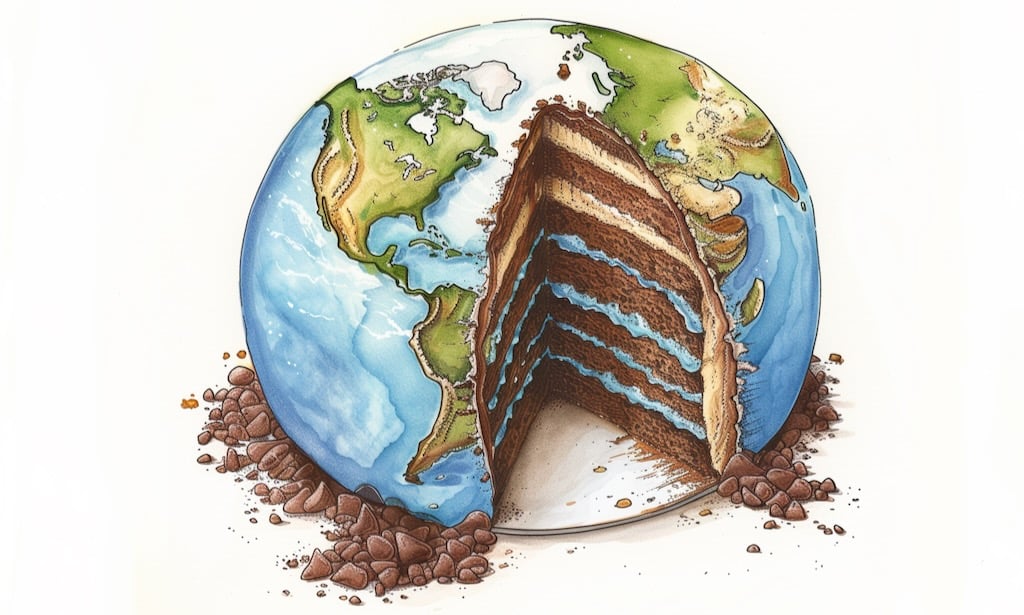The word gratitude comes from the Latin word gratia, which means grace, the feeling of being thankful. The actual expression or act of gratitude in word or deed delivers the greatest benefit to both the bestower and recipient. People who took time to express gratitude were happier and healthier, with enhanced vitality and longevity. Couples who expressed their gratitude have better positive communication and an enhanced relationship with one another. A study published in the British Journal of Social Psychology found that people who felt grateful reported fewer feelings of envy and were less materialistic. The Journal of Personality and Social Psychology reported a lasting impact on dampening depressive symptoms when consistently writing down things to be grateful for over the course of a week. A single act of thoughtfulness also resulted in an increase in happiness, although not as long lasting as the regular practice of writing. The Journal of Happiness Studies published research reports that practices, such as mindfulness, progressive muscle relaxation and forgiveness can increase both gratitude and thankfulness.
Gratitude Is Excellent Medicine and a Natural Antidepressant
Can you imagine being given an instant ‘happiness pill’ without side effects or life-altering addiction? Well, ‘a dose of gratitude a day’ can accomplish that. Indeed, it has been shown that the ‘bliss centers’ of the brain are intimately connected to acts of gratitude. How does that happen? Studies have shown that the nucleus accumbens, located near the center of the brain (and thought to be part of the pleasure center) mediates the release of dopamine. From there, a cascade of neural dopamine circuitry continues to bathe the amygdala and prefrontal cortex, which activates the release of more stress-reducing hormones (oxytocin, serotonin, norepinephrine) that result in feelings of relaxation, decreased stress and reduced anxiety. This can result in a cascade effect with improvement of mood, sleep, immune function and more. It is the opposite of the hormonal reaction to stress caused by cortisol release, the ‘fight or flight’ hormone.

Physiological and psychological changes of gratitude include improved inflammatory and immune responses, reduced cortisol levels (the stress hormone), increased levels of oxytocin (the bonding and love hormone), increased levels of endorphins (natural opioids associated with pain relief), lower blood pressure and heart rate, improved sleep, reduction of anxiety and depression, better blood sugar control, and reduced risk of poor health and disease. If these benefits were available in a prescription medicine, we would not hesitate to spend a virtual fortune to obtain these remarkable results. The reality is that this incredible mood booster is available to us for free at all times. As Glinda, the ‘Good Witch’ in “The Wonderful Wizard of Oz” tells Dorothy, “you always had the power, my dear, you just had to learn it for yourself.“
Would You Wrap a Present….and Not Give It to the Intended Recipient?
How can we learn to apply this ‘superpower’ to everyday living? Gratitude can be generated by proactively expressing it in the simplest of gestures. Opening doors for others, giving sincere compliments, saying “hello” or “have a nice day,” giving a warm hug, smiling at another person, paying for a stranger’s meal or coffee, donating to charity or sending positive messages for no particular reason, are just a few examples. The gestures can be small and still have a positive ripple effect for both the giver and the recipient. Be stimulated with inspirational quotes, practice meditation and yoga, spend time in nature, enjoy pets, children and friends.
Starting a gratitude journal about your desires, aspirations, and feelings will also help keep you on track with a daily gratitude practice. While not transformative for everyone, many who experience depression or anxiety find these activities to be self-fulfilling and may result in joy, inspiration, optimism, bliss and living more in the moment. Flexing your gratitude muscle on a daily basis can build resilience and inner peace. Indeed, gratitude ranks amongst the higher emotional states of feeling love, joy, and peace. Having gratitude, but not putting it into action is like wrapping a gift but not giving it.

Expressing and Showing Self-Gratitude Delivers Powerful Proven Results
Men and women who are able to show self-acceptance and self-love will have better health overall. Did you know there is incredible power in showing kindness, empathy and gratitude for yourself? If you can accept yourself and focus on your positive attributes, you are more likely to practice healthy self-care routines. Frequent self-criticism, negative self-talk and doubt can lead to a hormonal release causing fatigue, anxiety and stress. This can result in a vicious cycle that can generate sleep disturbances, weight gain, lethargy and a depressed mood. Recognizing and embracing our positive attributes generates revitalizing gratitude.
A notable study published in Brain, Behavior and Immunity showed that self-compassion may serve as a protective factor against stress-induced inflammation and related diseases. Elevated levels of inflammatory biomarkers are associated with a higher risk of diabetes, cancer, Alzheimer’s, cardiovascular diseases and more. The ability to reduce stress and improve both mind and body health can be readily accessed through the practice of compassion and gratitude.
Gratitude in Action
In an effort to help cultivate the practice of gratitude, the Mayo Clinic Health System offers educational programs. This series includes a complimentary month-long self-guided virtual program for each individual to privately express gratitude through daily journaling. Much like one candle does not diminish its flame by lighting another candle, sharing and spreading gratitude illuminates your life as well as the life of others.
Expressing gratitude is a powerful gift to others, as well as to ourselves. A healthy dose (or two) of ‘an expression of gratitude a day’ can have a powerful and positive impact on you and those around you. Expressing gratitude is a positive action that can go a long way in improving mental and physical health benefits, as well as vitality and longevity.







